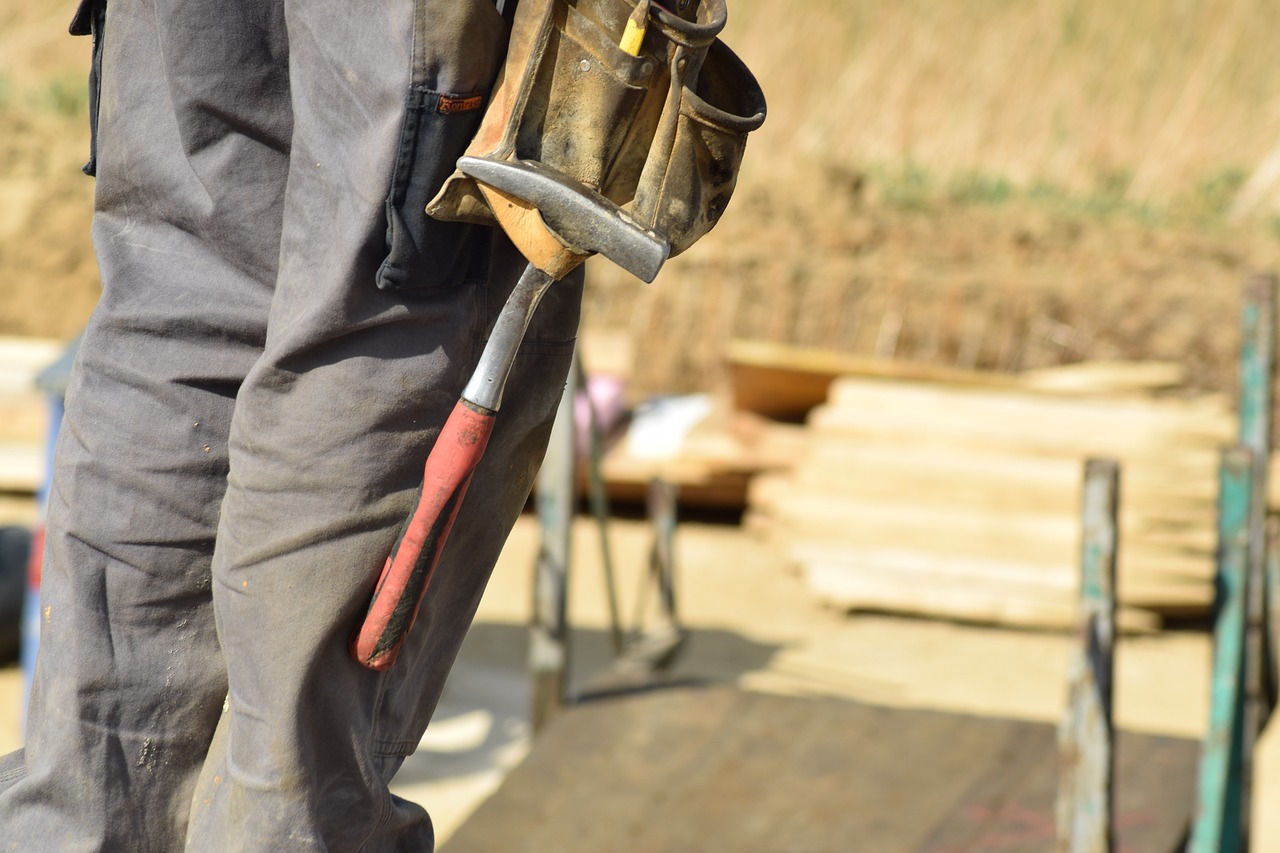The Skilled Labor Shortage
How Much Is My House Really Worth? 4 Ways You Can Find Out
Say you’re driving down the streets of your neighborhood and you see not one, not two, but three For Sale signs in your neighbors’ front yards. Or maybe you see a headline about the ‘hot market’ that spurs you into action. You could get the impulse to find out how much your home is worth lots of different ways, but there’s only one list you need to follow to find answers. (This one.)
So if you’re currently asking yourself: “Should I sell now or should I hang on?” – put a pin in that thought for a second. Ask yourself the only meaningful question: “Exactly how much is my house worth right now?”
Here are the 4 ways you can find out your home’s true value (and why it matters):

1. Consult an online home value estimator
For a quick ballpark figure, you can’t get faster answers than simply visiting a website and typing in your address. This tool works well for both sellers and buyers, and the latter can get an idea of what (and where) they can afford to buy. These AVMs (automated valuation models) use an analysis of public data as well as proprietary algorithms to estimate the market value of your home.
Some of the most popular tools include:
These are great resources for establishing a baseline. As stated, these tools will generate a rough estimate, typically consisting of analysis of objective facts. Your home’s square footage, number of bathrooms, and lot size will help the tool arrive at the figure they quote. However, more nuanced facts like the street noise, traffic, and construction won’t be taken into account. Neither will recent updates, renovations, or refreshes you’ve made to your home. That number can swing higher or lower, depending on external factors not captured in home appraisal tools.
2. Check your county’s auditor site
Once you’ve established a rough estimate for your home’s current value, the next logical step is to find out the value based on more concrete data. Periodically, your county will collect information to assess the value of residential properties. Your property tax, assessed value, and more information is all public information.
This is a great way to find out whether your home value has appreciated (and when), because you can analyze the historical data. Once you have the figure, you can also compare it to figures of other comparable homes in your area.
Although perusing tax information doesn’t sound like anyone’s idea of a good time, this is a fast, simple, and free way to start rounding out your home value. The municipal auditor’s site is a great public service tool that can provide more granularity and context that online home estimators might miss. Once you have these two figures, you can start to build a better idea of how much money you could sell your home for.

3. Ask a real estate agent
If you’ve been gently nudged from the “Just considering” category to the “Looking to sell” category, it’s probably time to talk to a realtor. Even if you’re on the fence, it’s a good idea to get a comparative market analysis. Chiefly because – they’re free.
Agents have a practice of supplying potential clients with free CMAs (comparative market analyses) because they are hoping to win your listing. To provide you with a fair market value, the agent will assess recent comps in your area. Next, they look at your neighborhood as a whole: location, charm, historical significance, walkability, safety, and other important factors. Lastly, they take into consideration your home’s character and how in-demand homes like yours are in the current market.
After you’ve made contact with a real estate agent, feel free to ask them questions or elicit guidance on your potential home sale. They’re a wealth of information and experience and can provide best practices, tips, and give advice for what’s best for you and your home. So in addition to providing you with an accurate, outside perspective – they can also be helpful leading up to the sale.
4. Hire a professional appraiser
If each of the last steps were escalating in authority, this is the last stop. The most accurate estimate you can acquire is through an appraiser. Anyone seeking a professional home estimate can then bring the figure to consult with a mortgage lender.
Before approving a loan, mortgage lenders hire appraisers to confirm the home value. Although it’s an optional step for home sellers to hire an appraiser, the information will be relevant once a home sale begins.
When an appraiser gives you a professional home estimate, they do so by measuring your property’s characteristics against the comps provided by the realtor. This figure will be the most accurate indicator of your home’s value, but that doesn’t by any means that is the ceiling your home will sell for. Other factors like multiple bids, offers over asking, and a seller’s market could still drive up your sale price.
Create your own luck
Instead of leaving it to chance or the market’s whims, ensure you maximize your profit on your home sale by opting for pre-listing updates. Don’t wonder what your home could be worth! Instead, increase your home’s value above your as-is listing by letting Curbio make market-researched updates to your home.


